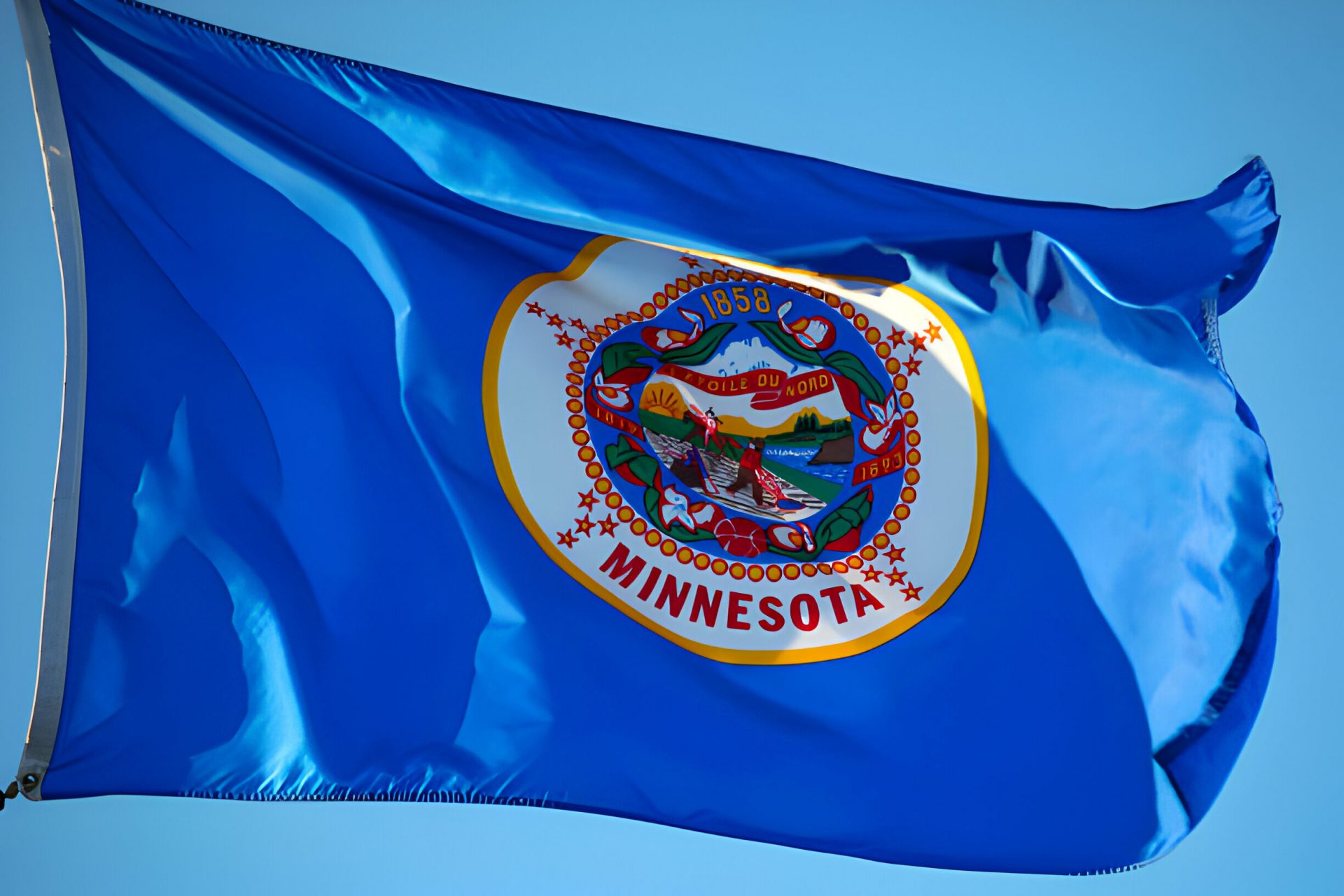A Minnesota legislative committee advanced a bill in the state Senate on March 7 that would add an alternative pathway to CPA licensure while also maintaining the 150 credit-hour option.
On a voice vote, the State and Local Government and Veterans Committee moved the bill, Senate File 1660, to the Minnesota Senate Finance Committee, according to the Minnesota Society of CPAs, which has backed the legislation.
A companion bill in the Minnesota House of Representatives, House File 1749, has yet to receive a hearing date.
The Senate bill was written by Republican State Sen. Jordan Rasmusson and co-signed by Senate Majority Leader Erin Murphy and Sens. Ann Rest and Zaynab Mohamed, who are Democrats.
The legislation, a result of MNCPA member feedback and support from the MNCPA board of directors, provides an additional option to licensure with a bachelor’s degree (120 credits) and two years of work experience—the same requirement in Minnesota until nearly 20 years ago. The bill also keeps the current 150-hour credit rule.
Here’s how Rasmusson presented the bill to members of the State and Local Government and Veterans Committee last Thursday:
Before 2006, Minnesota required 120 semester hours, which is about four years of college, plus two years of work experience in addition to passing the CPA exam, to become a CPA. In 2006, there was a change that increased education requirements to 150 hours plus one year of work experience, which would be about five years of college. The rationale at the time for doing this was to try to elevate the accounting profession to be like those of the learned professions, such as a medical doctor and lawyers.
However, this change hasn’t produced the positive benefits that were promised. It has instead created artificial barriers for Minnesotans to become CPAs. The opportunity costs for potential students, with both the cost of an additional year of education plus lost earnings, is about $100,000, which can take business-minded students and push them off the CPA path and into other professions. This is harming smaller organizations that can’t find CPAs. It’s also harming Minnesotans from disadvantaged backgrounds who can’t afford the $100,000 opportunity cost to become a CPA. In addition, that extra year of college has no requirement that it be in accounting classes. Students could take courses on golf, fine arts, and other things that contribute little to nothing to their accounting knowledge.
Senate File 1660 creates an alternative pathway to reduce these barriers and is supported by Minnesota’s largest CPA association and state auditor [Julie] Blaha. The new pathway would go back to 120 hours plus two years of experience and would still require individuals to pass the CPA exam. In addition, we would maintain the old pathway for any students who would prefer to continue on that. We also have a two-year effective date, so that will give Minnesota time to talk with the other licensing boards in other states to ensure that reciprocity is not a problem.
If we can remove unnecessary barriers for this high-demand profession, it will help students, it will help accounting firms, and it will also help Minnesota clients who need their services.
In a press release, the MNCPA provided written testimonies from local and national accounting leaders who spoke to the impact this legislation can have on the talent pipeline issue facing the profession.
“There are multiple studies that show that the 150-hour requirement has created barriers for students, especially minority students, to becoming CPAs. There is no evidence that the 150-hour requirement has improved the quality of the profession,” wrote Jen Leary, CEO of top 10 accounting firm CliftonLarsonAllen (CLA), in testimony to the Senate committee. “We have the power to change this. Minnesota’s exemplary actions to broaden the pathways and increase accessibility to the accounting profession have the potential to increase the number of CPAs overall and encourage hard working, diverse talent to join the profession.”
Bob Cedergren, MNCPA board chair, told the committee, “I can tell you from my own experience, through conversations with colleagues throughout the country and the members of the MNCPA, that we have a significant shortage of CPAs. The work continues to grow but the supply of CPAs to do the work isn’t keeping up. … We need to move forward. The situation is critical.”
Pat Plamann, managing partner at Schlenner, Wenner & Co. in St. Cloud, MN, said, “It’s been our experience that hiring students with 120 credit hours makes absolutely no difference in their performance versus hiring students with 150 credits. This bill is the pipeline for the life of our firm.”
If the legislation is approved, the alternative pathway to CPA licensure in Minnesota would go into effect on July 1, 2026.
Thanks for reading CPA Practice Advisor!
Subscribe Already registered? Log In
Need more information? Read the FAQs




